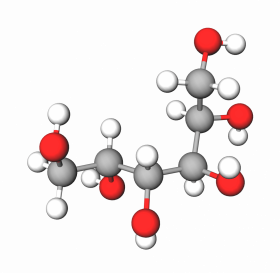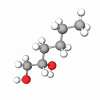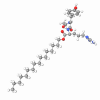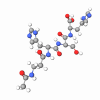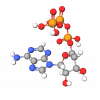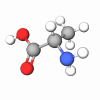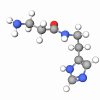Sorbitol is a humectant sugar alcohol, also known as glucitol, found in the ripe berries of the mountain ash; it also occurs in other berries (except grapes), cherries, plums, pears, and apples. It is a multifunctional ingredient derived from natural raw materials (but can be derived synthetically) for skin care applications valued for its moisturizing, softening, and conditioning effects on the skin.
Sorbitol helps absorb vitamins, antioxidants, and nutrients into the skin by boosting the penetration of other ingredients. In addition, it thickens the consistency of the preparation, enhancing viscosity and sensory profile while stabilizing gels and providing transparency thanks to a high refractive index.
Most harmful bacteria cannot metabolize Sorbitol, so it is a perfect probiotic for the skin that balances the skin's microbiota, exposing a healthy appearance. In addition, thanks to several hydroxy groups in the formula, it attracts water molecules, enhancing moisture retention of the skin and providing optimal hydration, additional volume, and density.
It is similar to glycerin, as it is a humectant, thickening agent, and slip agent. Sorbitol has a lighter feel than glycerin and is used in cosmetic formulations such as creams, lotions, shower gels, and hair gels at typical use levels of 1-10%.In higher concentrations, it suppresses the growth and replication of microbes, acting as a preservative and preventing drying out and spoilage. Sorbitol is a safe, environment-friendly (rapidly biodegradable) ingredient from renewable raw materials with several benefits for the skin.
